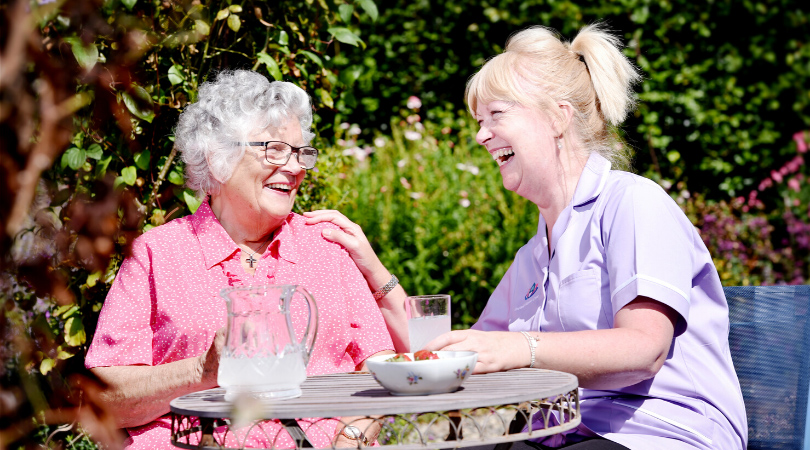
National Office
Please enter the office location/term above to receive results for your closest office as well as information matches
Perhaps you’ve been caring for your ageing parent for a while, but never really noticed how much you do – after all, you do things out of love. Putting the bins out here and there, putting a wash load on, perhaps cooking your elderly relative a meal.
Until one day, you realise you have much less time than you used to. Your energy is waning, and you finally understand why.
You’ve gradually been taking on more duties, from paying bills to providing moral support, and you’re feeling more than a little frazzled.
Without knowing it, your loved one has gradually needed more support, and you’ve stepped in to be a helping hand for them.
So how do you spot the signs of being a carer? Firstly, we need to think about what care may encompass – it covers more categories than you might think.
Being someone’s carer could mean looking after the following areas:
As you can see, there’s a lot of categories – which means a lot of additional tasks! As these creep in gradually, it often takes over two years for someone to identify themselves as a carer. As the person you’re likely doing these things for is a close family member, you put this down to being just a good son or daughter.
Now you know a little more, you may be thinking ‘hmm, it sounds like I could be a carer.’ If so, you join the 5 million unpaid carers, and you might have some new thoughts and feelings about this new label and identity. There might even be a feeling of stigma around it, especially if you are a young person taking on the role of a carer.
It may take time to adjust to the thought of being a carer, and that’s completely understandable. It’s okay if you feel you aren’t ready for the role yet or question whether you want to do these things for your elderly parents. No person is the same, and there’s no right or wrong way to feel about caring.
What is important is that you do what works for your family, which means doing what works for your loved one and the rest of the family. You might need to re-establish routines, call a family meeting or have some open conversations with your loved one about how much care they feel they need.
Identified yourself as a carer? There are a few practical steps you can take now:
If you would like to find out more about Radfield Home Care jobs and how you can join the team, you can visit www.radfieldhomecare.co.uk or contact the office directly [email protected] or 01708 609 364.
Get in touch with your local Radfield Home Care office today and find out more about the support we offer and the difference we can make.